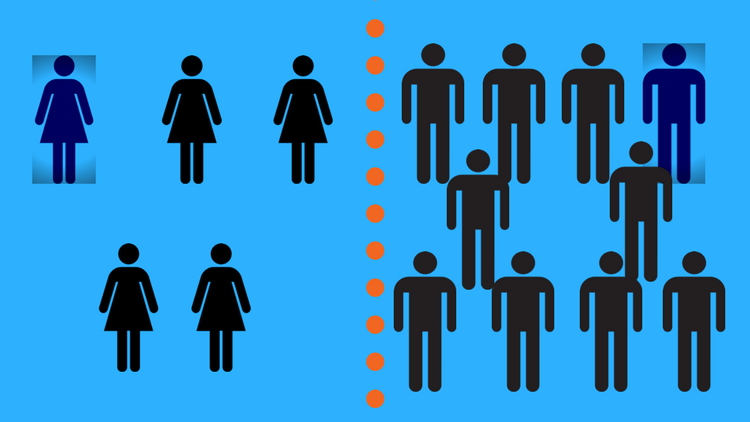Having a baby is a completely life-changing experience, and it can take time at first to adjust. This can be because of a lack of routine, lack of sleep and getting to know your baby. Up to one in five women and one in ten men are affected by mental health problems during a pregnancy and in the first year after birth. However, only half of new parents ask for help.
‘Perinatal Mental Illness’ is a general term, used to describe a collection of illnesses that can affect parents any time from conception to the baby’s first birthday.
It’s now being accepted that it’s not just mothers’ mental health that can be affected. Perinatal mental illness can affect their partners too.

When problems with emotional or mental health are diagnosed early and help and support or treatment offered promptly, recovery can be much quicker.
Some mood changes are anticipated and considered normal, but some changes can have more of an impact. There are three categories of changes to your mood that might occur during pregnancy or following the delivery of your baby:
- ‘The Blues’- feeling tearful, anxious and low
- Postnatal illness
- Postpartum psychosis
‘The Blues’
Many women feel a bit down, tearful or anxious in the first week after giving birth. It can take a while for your hormones to return to a normal balance. This is often called the ‘baby blues‘. The ‘baby blues’ don’t tend to last for more than two weeks after giving birth.
Postnatal depression
Postnatal depression (PND) affects between 10 to 15 in every 100 women who have a baby. Postnatal depression can start at any time during the first year after giving birth.
The symptoms are similar to those experienced with depression at other times, including low mood, lack of sleep, irritability, anxiety and tearfulness, but doesn’t seem to get better over time. If you recognise these feelings, please try and speak to someone you trust, and seek support from a GP, health visitor or midwife.
Postpartum psychosis
Postpartum psychosis affects around one in every 1,000 women who give birth. It’s sometimes referred to as ‘puerperal psychosis’ or ‘postnatal psychosis’.
Someone with postpartum psychosis may experience:
- a high mood (mania) – they may talk and think very quickly, feel ‘on top of the world’, or be more sociable than normal
- a loss of inhibitions
- paranoia, feeling suspicious or fearful
- restlessness or agitation – they may show signs of irritability
- severe low mood
- severe confusion
Postpartum psychosis is a serious mental illness and should be treated as a medical emergency. This is because, if not treated immediately, the postpartum psychosis can get worse rapidly. The illness could cause someone to neglect or harm their baby, or harm themselves.
Causes of perinatal mental illness
The cause of perinatal mental illness is not completely clear, some of the factors include:
- a history of mental health problems, particularly depression, earlier in life
- a history of mental health problems during pregnancy
- having no close family or friends to support you
- a poor relationship with your partner
- recent stressful life events, such as a bereavement
- prolonged ‘baby blues’ or experiencing ‘baby blues’ in a previous pregnancy
Looking after a baby can be stressful and exhausting as well as special. But if the negative feelings take over the positive ones, you should discuss this with your support network, family or a health professional so that you can get the help and support you need.


